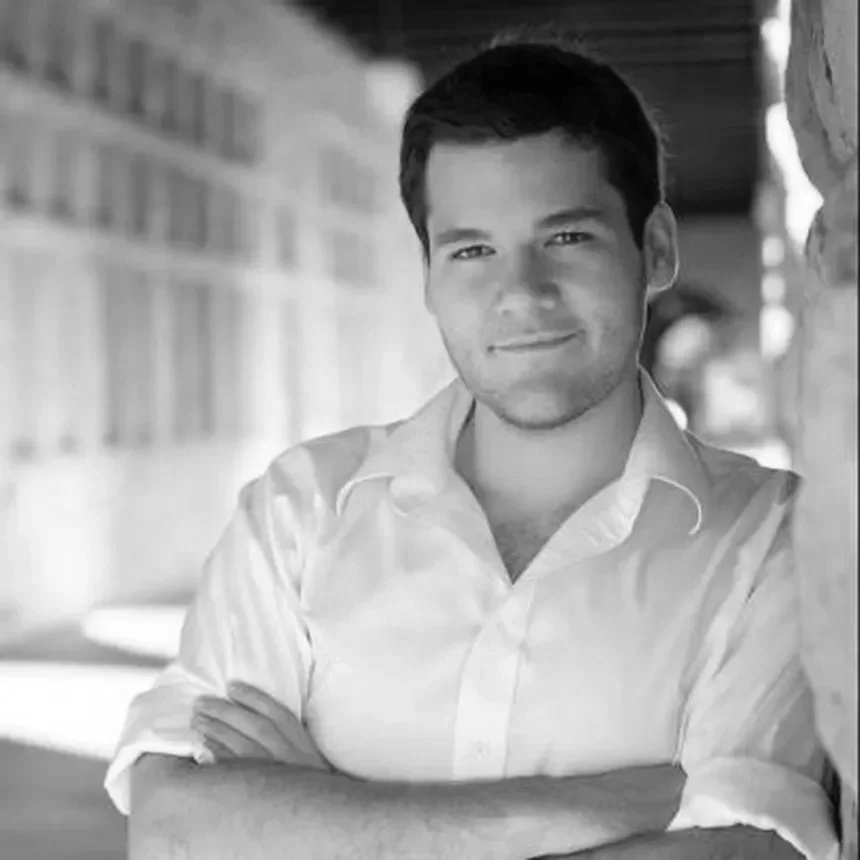Board of Advisors
Phil Zimmermann
Philip R. Zimmermann is the creator of Pretty Good Privacy (PGP), the most widely used email encryption software in the world. Originally designed as a human rights tool, PGP was published for free on the Internet in 1991. This made Zimmermann the target of a three-year criminal investigation, with Zimmermann leading the charge in what became known as the first “Crypto Wars”. The government dropped its case in 1996.
Zimmermann founded PGP Inc., and is the co-founder of Silent Circle, a provider of secure communications services. He specializes in cryptography and data security, data communications, and real-time embedded systems.
Zimmermann has received numerous technical and humanitarian awards for his pioneering work in cryptography: the US Privacy Champion Award from the Electronic Privacy Information Center, the Louis Brandeis Award from Privacy International, a Lifetime Achievement Award from Secure Computing Magazine, the Norbert Wiener Award from Computer Professionals for Social Responsibility for promoting the responsible use of technology, Chrysler Award for Innovation in Design, the Pioneer Award from the Electronic Frontier Foundation. He’s been inducted into the National Cyber Security Hall of Fame, the Internet Society’s Inaugural Class of the Internet Hall of Fame, the Information Systems Security Association’s ISSA Hall of Fame, the Heinz Nixdorf Museums Forum Wall of Fame, the CRN Industry Hall of Fame.
Foreign Policy Magazine named him one of the Leading Global Thinkers of 2014. In 2008 PC World named him one of the Top 50 Tech Visionaries of the last 50 years. In 2006 eWeek ranked PGP 9th in the 25 Most Influential Products introduced since the invention of the PC in 1981. In 2000 InfoWorld named him one of the Top 10 Innovators in E-business. In 1995 Newsweek named Zimmermann one of the "Net 50", the 50 most influential people on the Internet.
Christine L. Peterson
Christine Peterson is Co-founder and former President of Foresight Institute. She lectures and writes about nanotechnology, AI, and longevity. She is co-author of Unbounding the Future: the Nanotechnology Revolution (Morrow, also free online); Leaping the Abyss: Putting Group Genius to Work (knOwhere Press, also free online); and Gaming the Future: Technologies for Intelligent Voluntary Cooperation (Foresight Institute Press, also free online).
She advises the Machine Intelligence Research Institute, Global Healthspan Policy Institute, National Space Society, startup Ligandal, and the Animal Pain Research Institute.
She instigated the memetic term “open source software.” She holds a bachelor’s degree in chemistry from MIT.
Juan Benet
Juan Benet is the inventor of the InterPlanetary File System (IPFS), a new protocol to make the web faster, safer, and more open, and Filecoin, a cryptocurrency incentivized storage network. The IPFS Project has grown into a large open source movement to re-decentralize the web, safeguard our data, and improve our applications. Juan is the founder of Protocol Labs, the internet tech R&D lab that develops IPFS and Filecoin.
He studied Computer Science at Stanford University, and is obsessed with knowledge, science, and technology.
Ryan Lackey
Ryan has been deeply involved in computer security since discovering the Internet, NSA Rainbow Books, and the Cypherpunks mailing list in the early 1990s.
After leaving MIT to co-found an early digital token startup in Anguilla, he set up the world’s first datahaven — on the self-declared independent state of Sealand — to host early digital currency and related projects. Subsequently he spent 7 years working on Iraq and Afghanistan bootstrapping a defense contracting business, working with government and private clients.
Ryan co-founded CryptoSeal, a security technology company developing virtual machine security solutions, which was acquired by Cloudflare. His recent focus has been in cryptocurrency security and infrastructure, serving as Tezos CSO and Foundation Board member, along with a number of other projects.
Perry Metzger
Perry Metzger is a computer scientist, entrepreneur, and consultant who spent most of his career in the financial services industry. He was one of the early members of the Cypherpunks movement, and is the creator of the Cryptography mailing list where Bitcoin was first released.
Perry is the currently founder and CEO of Sylenic, a startup focused on using artificial intelligence to formally verify software. He is also the founder and chairman of the board of Alliance for the Future, a nonprofit coalition of entrepreneurs, technologists, and policy experts working to promote artificial intelligence technology and as well as to protect it from special interest lobbying.
He studied computer science at Columbia University and University of Pennsylvania.
Sameer Parekh Brenn
As a trailblazer in electronic civil liberties, Sameer Brenn implemented an innovative international development and sales strategy with his first venture, C2Net Software, overcoming domestic market export restrictions. Under his leadership, the company's market share surpassed industry giants like Microsoft, culminating in its acquisition by Red Hat Software. Continuing his commitment to digital independence, Sameer served as Chairman of HavenCo, pioneering secure data centers globally.
Building on his experience, Sameer ventured into finance, joining Goldman Sachs as a Fixed Income Strat. There, he led engineering efforts for the Treasury bond trading desk, integrating the voice trading desk with automated electronic trading systems. Driven by his passion for autonomous robots, Sameer transitioned and founded Falkor Systems. Returning to finance, he founded Mimetic Markets, where he pioneered Bitcoin-denominated derivative markets. Sameer then made significant contributions as a Staff Software Engineer at Twitter, where he led engineering efforts for the data streaming business, and later at Hashflow, where he played a key role in expanding the frontiers of decentralized finance.
Sameer's impactful work has garnered widespread recognition, with features in esteemed publications such as Forbes and WIRED. A sought-after speaker, he has shared insights at prestigious conferences including TEDx and the Usenix Association.
Having studied Mathematics, Computer Science, and Physics, Sameer holds a BA in Economics from the University of California at Berkeley and an MS in Mathematics in Finance from New York University's Courant Institute. His multidisciplinary background fuels his innovative approach, driving advancements at the forefront of technology and finance.
Ricardo Benjamín Salinas Pliego
Ricardo Benjamín Salinas Pliego is a prominent Mexican businessman, and bitcoin advocate. He is the founder and chairman of Grupo Salinas, and has built companies across telecommunications, media, financial services, and retail.
Salinas holds a CPA degree from the Instituto Tecnológico y de Estudios Superiores de Monterrey and an MBA from Tulane University. He joined Elektra in 1981 as import manager and later succeeded his father, Hugo Salinas Price, as CEO in 1987. Under his leadership, Grupo Elektra became Mexico's largest consumer-finance company, launching innovative financial products and services.
He is also the chairman of TV Azteca, a major producer of Spanish-language television programming. In 2001, TV Azteca launched Azteca America, a network targeting the Hispanic population in the United States. Salinas has also been involved in the telecommunications sector, previously owning Iusacell and Unefon, which were later sold to AT&T.
In 2025, he launched the Anti-Crime and Anti-Corruption Movement (MAAC). He founded the nonprofit Fundación Azteca in 1997, which addresses social issues in healthcare, nutrition, education, and environmental protection. He also founded the Universidad de la Libertad, a university dedicated to freedom, entrepreneurial thinking and the training of leaders committed to inclusive prosperity. The university focuses on challenging traditional models through disruptive and innovation-focused education.







